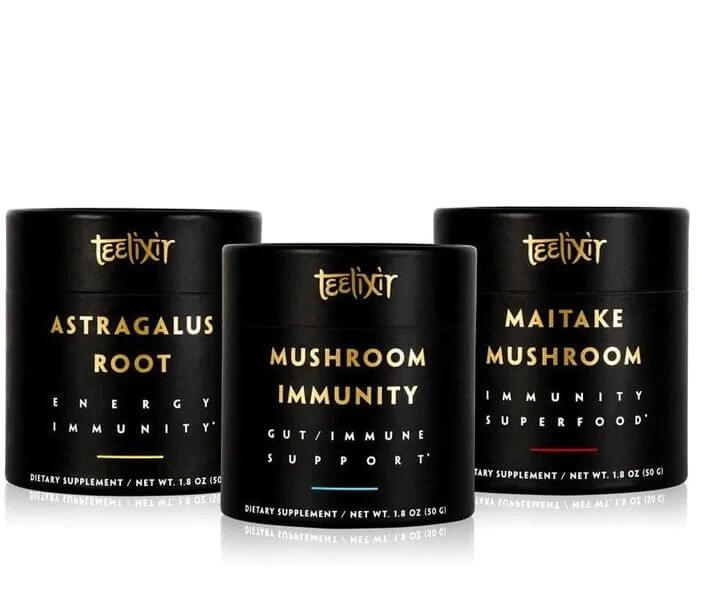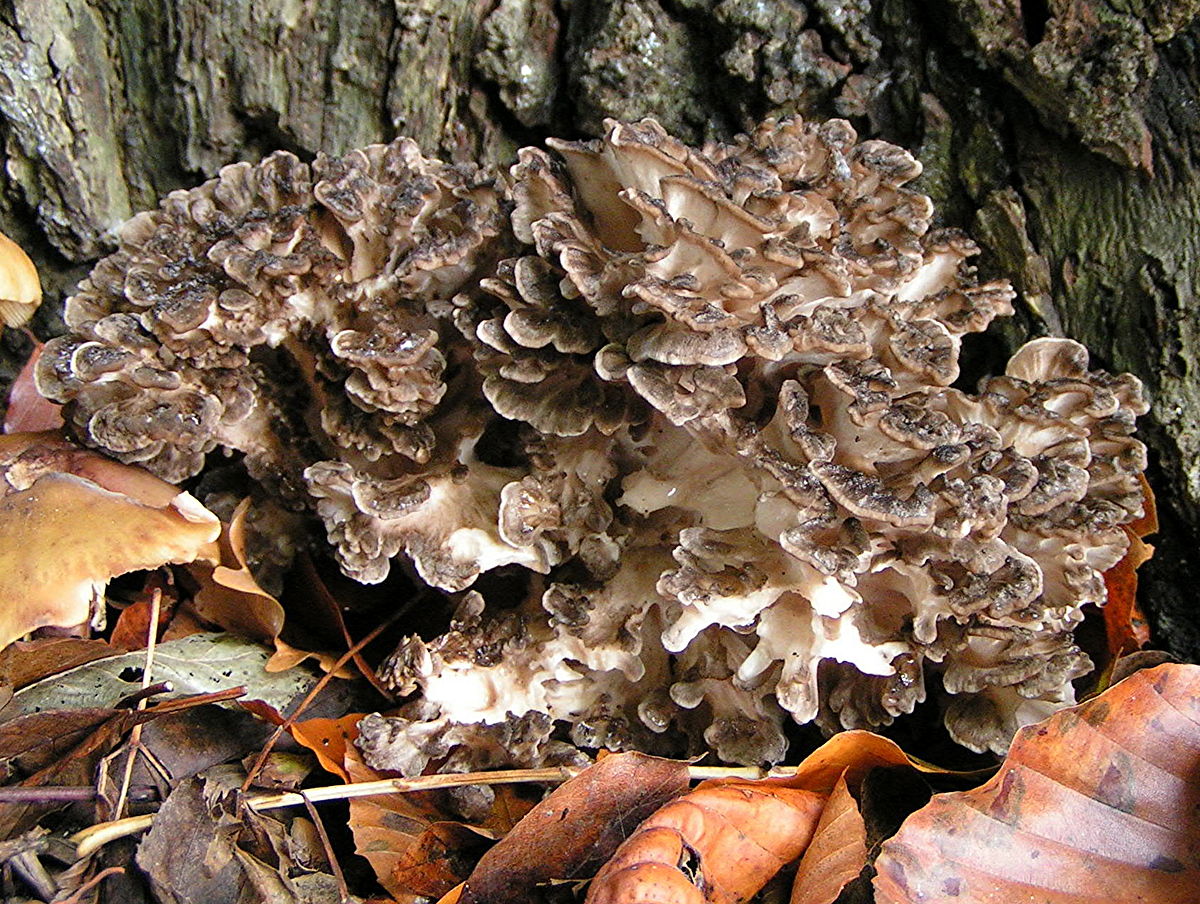One variety of mushrooms is known as the maitake (Grifola frondosa). On tree stumps and tree roots, it clusters together into enormous masses. It was initially utilized in the ancient medicine of Asia.
The maitake mushroom is native to the woodlands of Asia, Europe, and the eastern part of the United States of America. The compounds it contains may assist in the fight against cancers, stimulate the immune system, and reduce blood sugar levels.
People use maitake mushrooms for various diseases, including diabetes and enlarged ovaries with cysts; however, there is insufficient evidence from credible scientific studies to support this usage.
Side Effects
Table of Contents
When consumed orally, maitake mushrooms may not cause adverse reactions in most people. However, there is a lack of knowledge regarding the possible negative effects. After consuming maitake mushrooms, some people have reported experiencing nausea.
Special Precautions and Warnings
When consumed orally, mushroom supplements may not cause adverse effects in most people. However, there is a lack of knowledge regarding the possible adverse effects. After consuming maitake mushrooms, some people have reported experiencing nausea. There is not enough trustworthy information to determine whether maitake mushrooms can be used safely during pregnancy or while breastfeeding. To be on the safe side, you should avoid using it.
Maitake mushrooms may affect blood sugar levels, making it more challenging to manage blood sugar before, during, and after surgical procedures. At least two weeks before a scheduled operation, you should refrain from consuming maitake mushrooms.
Interactions
1. Moderate Interaction
Take precautions when using these two together.
2. Medications for diabetes (Antidiabetic drugs) interact with MAITAKE MUSHROOM.
It’s possible that maitake mushrooms can bring blood sugar levels down. Combining diabetes medication with maitake mushroom consumption may result in an unsafely low blood sugar level. Keep a close eye on your blood sugar levels.
3. Warfarin (Coumadin) interacts with MAITAKE MUSHROOM.
It’s possible that eating maitake mushrooms will make the blood-thinning effects of warfarin even more potent, which could lead to an increased risk of bleeding. If you take maitake mushroom with warfarin, your healthcare professional may need to monitor you more frequently than usual. It’s possible that the dosage of your warfarin medication needs to be adjusted.
4. Medications for high blood pressure (Antihypertensive drugs) interact with MAITAKE MUSHROOM.
There is some evidence that maitake mushrooms can reduce blood pressure. In certain people, using blood-pressure medicine and maitake mushroom supplements can cause their blood pressure to drop dangerously low. Always keep a close eye on your blood pressure.
Dosing
Adults have been given a dose of between one and 1.5 grams of an extract of maitake mushroom to take orally, once daily, for a maximum of two years. There is insufficient information to determine a suitable dose of maitake mushroom in its various forms. It is vital to remember that natural products are not always guaranteed to be safe and that dosages can sometimes be very significant. Before using, read all applicable instructions on the product label and speak with an expert in the healthcare field.
Conclusion
The maitake mushroom grows wild in the forested regions of Asia, Europe, and the eastern part of the United States of America. It may be more challenging to maintain proper blood sugar control before, during, and after surgical procedures if maitake mushrooms, known to alter blood sugar levels, are present.
Consuming maitake mushrooms can make the effects of warfarin more intense, which may raise the risk of bleeding if you are already taking the medication. It is essential to remember that the safety of natural goods cannot be guaranteed in every circumstance and that dosages can occasionally be quite considerable.
- How To Create A Safe And Comfortable Home Environment For In-Home Care In Boca Raton? - July 16, 2024
- 10 Trendy Black Nail Ideas To Elevate Your Nail Game - May 6, 2024
- Getting A Free Divorce In Virginia? Here’s What To Expect - April 24, 2024






No Comments